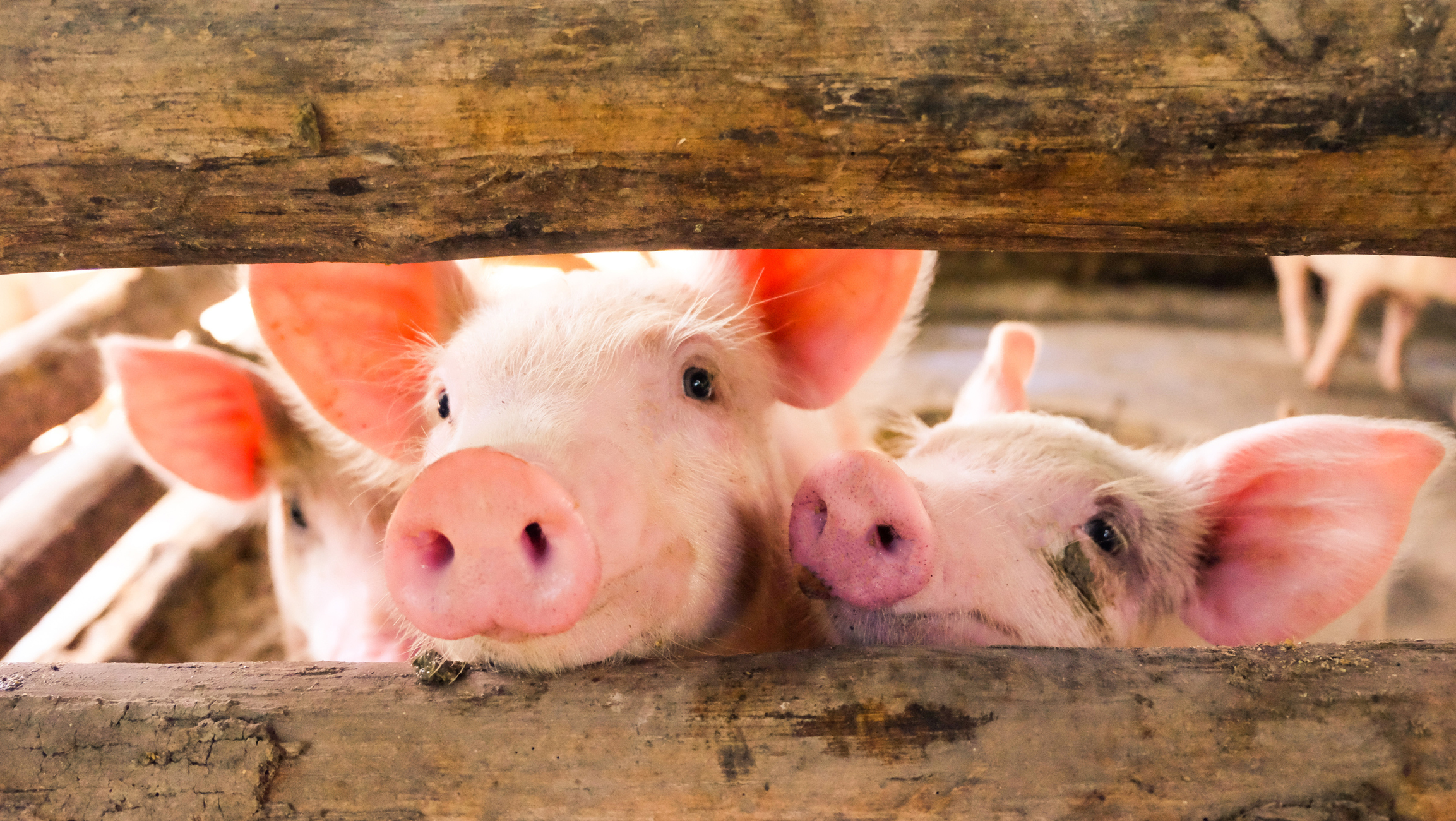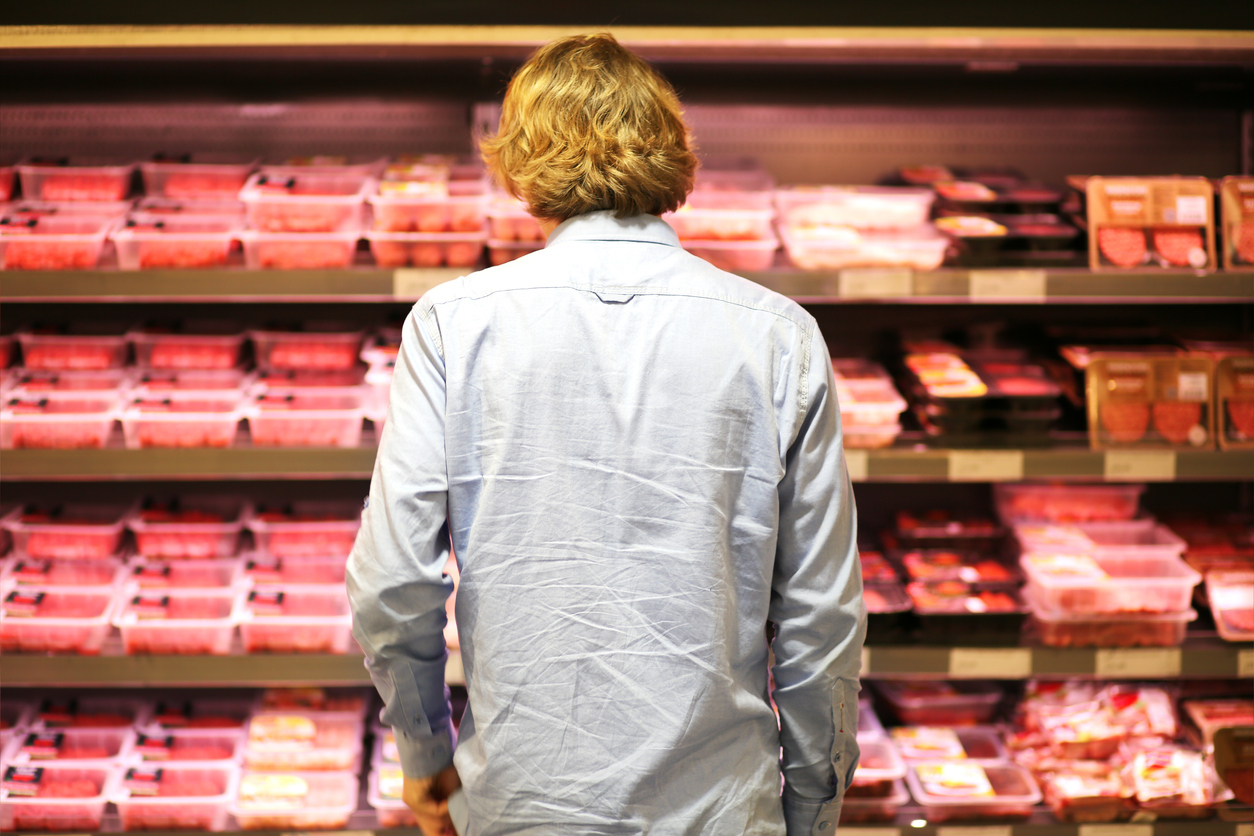California's Prop 12 puts food security, animal health at risk

Livestock raising is a complex and often misunderstood issue outside the agricultural community. Large communal pens often are considered the most humane by casual observers, but they do not tell the whole story.
That is the case with California’s Proposition 12, which requires that pork producers provide 24 square feet of space for hogs to live without touching the side of a stall or another animal. This represents a significant change in how penning is currently handled in hog production around the United States.
The legislation created problematic perimeters for housing of livestock both within and outside of California’s borders, primarily for pork producers who must now determine whether to retrofit their existing pens or build new. This is particularly challenging when taking into account that California is responsible for less than one percent of all pork production in the U.S.
Contrary to the space requirements of Prop 12, pigs require a small amount of space to live and grow – approximately 8 square feet. If given additional space, rooting behaviors can become destructive to soils and pastures. Communal penning creates its own challenges as aggressive hogs may attack their pen neighbors posing safety risks. Communal penning also facilitates disease spread, posing health risks.
The health and safety risks to the livestock themselves are the single most significant herd management challenge created by Prop 12. It puts animals, no matter where they are raised, at risk of ongoing injury and need for antibiotic treatment.
The challenges built into Prop 12 don’t stop with the animals themselves. They trickle down to the grocery store, too. Think beyond bacon and remember pork has been marketed as the “other white meat” for a generation because it is a lean, protein-rich meat that has been reasonably affordable.
Prop 12 drives the cost of pork up in various ways. While Prop 12 will cost consumers, it will cost pork producers first because they will be required to retrofit their on-farm pens to continue raising hogs. The most troubling is small farms that cannot afford the penning conversions will sell to companies like Tyson, Smithfield, JBS, and Cargill.
Farms that can make the financial leap with penning conversions without selling to large companies will likely reduce their herd size to do so in an effort to balance herd size with penning capability, driving up the price because there will be fewer animals to fulfill the same demand. Finally, the requirements of Prop 12 being applied internationally may lessen the amount of imported pork, equating to a similar supply-and-demand issue as the smaller overall herd size in the U.S. but on a larger scale.
No matter what route pork producers take, there are costs associated with surviving the new rules. If producers choose to reduce their herd size and then retrofit their pens, it will cost approximately $17.50 per animal just to reduce their herd size. To remodel an existing barn and add the additional space required by Prop 12 for a 2,500-sow farm, will cost an estimated $600 per pig or $2.1 million. To build completely new barns that are Prop 12-compliant would cost an estimated $3,800 per pig ($9.5 million in the 2,500-sow example). These estimates are based on construction costs in February and are likely significantly higher now.
Earlier this year, Sacramento County Superior Court delayed enforcement of Prop 12. The American Farm Bureau Federation (AFBF) and the National Pork Producers Council (NPPC) have appealed Prop 12 to the Supreme Court, where it is scheduled to be heard October 12. Notably, the Biden Administration has contributed an amicus brief in support of AFBF and the NPPC in the case, writing, “California has no legitimate interest in protecting the welfare of animals located outside the state … petitioners have plausibly alleged that Proposition 12 will have substantial adverse impacts on the interstate pork market.”
Prop 12 was marketed as an animal welfare and food safety improvement tool. Instead, the proposition disregarded science about how to raise happy, healthy hogs and put those most food insecure around the country at risk by making food more expensive and out of reach.





